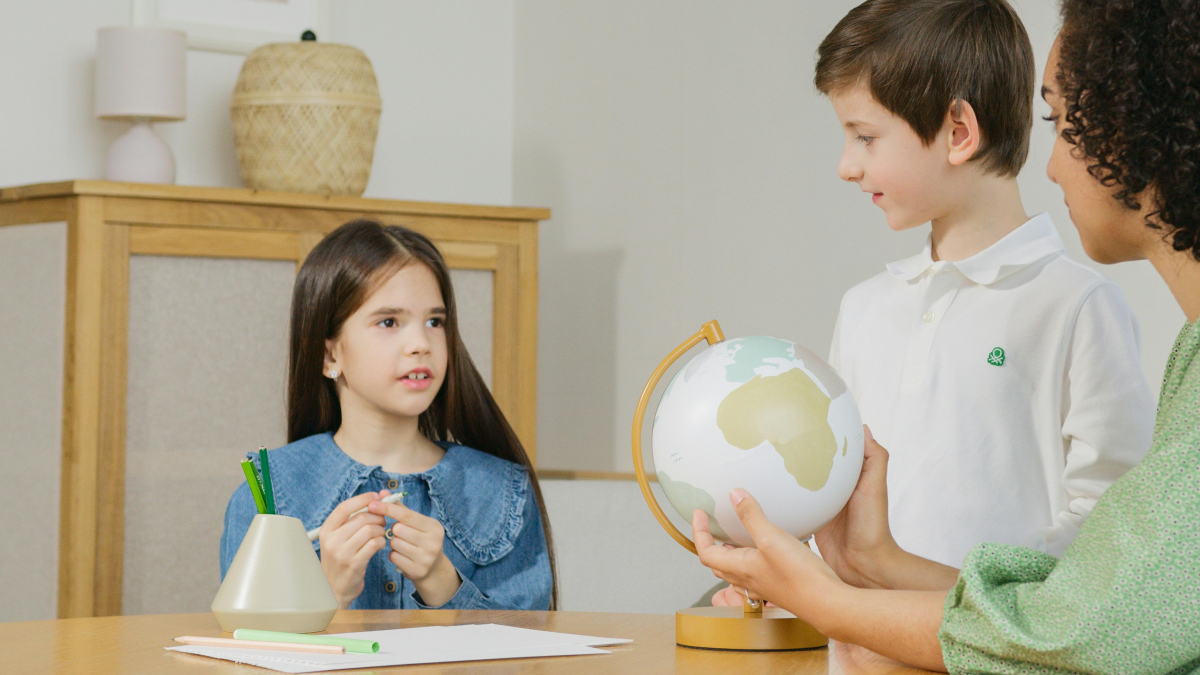Emotional development is a crucial part of childhood, laying the groundwork for resilience, empathy, and social skills. As parents and educators, we play a vital role in helping children navigate their feelings and build emotional intelligence. Here are eight effective techniques to support the emotional development of young children, with a special mention of the kidsday, a powerful childcare tool that helps bridge communication between educators and parents.
1. Encourage Expressive Play
Play is a child’s natural way of expressing feelings. Provide a variety of materials like dolls, action figures, or puppets, and encourage children to act out different scenarios. This helps them explore emotions in a safe space. With kidsday, educators can share play-based activities and observations with parents, ensuring that everyone is on the same page about a child’s emotional growth.
2. Model Emotional Language
Children learn by observing the adults around them. Use clear and descriptive emotional language when talking about feelings. For example, instead of saying, “Don’t be sad,” try, “I see you’re feeling sad because your toy broke. It’s okay to feel that way.” Kidsday allows educators to report daily emotional check-ins to parents, helping to reinforce this language at home.
3. Practice Mindfulness Together
Mindfulness can help children manage their emotions and reduce anxiety. Introduce simple mindfulness practices like deep breathing or guided imagery.
4. Create a Safe Space for Feelings
Encourage children to express their feelings without fear of judgment. Create a “feelings corner” at classroom where they can go when they need to calm down or talk about their emotions. Through kidsday, educators can share insights about a child’s emotional expressions during the day, helping parents understand their child’s feelings better.
5. Teach Problem-Solving Skills
When children encounter challenges, guide them through the problem-solving process. Ask questions like, “What do you think we can do about this?” This empowers them to find solutions independently.
6. Encourage Empathy Through Stories
Reading books with diverse characters and situations can help children understand different perspectives and feelings. Discuss the emotions of the characters and relate them to real-life situations. Kidsday can facilitate discussions between educators and parents about books that promote empathy, fostering a unified approach to emotional development.
7. Establish Routines and Consistency
Children thrive on routine, which provides a sense of security. Establish daily routines that include time for emotions—like discussing how everyone feels at the end of the day. Kidsday helps track daily routines and provides parents with updates on their child’s emotional check-ins at daycare center, reinforcing this consistency.
8. Celebrate Achievements, Big and Small
Recognize and celebrate your child's achievements to boost their self-esteem and resilience. Whether they tried a new activity or expressed their feelings, praise their efforts. Kidsday allows educators to share these milestones with parents, creating a collaborative environment that celebrates each child’s growth.
Supporting emotional development in young children is a rewarding journey that lays the foundation for their future relationships and well-being. By using these techniques and integrating tools like kidsday into your daily routine, you can help children develop the emotional intelligence they need to thrive. Together, we can nurture a generation of empathetic, resilient individuals ready to take on the world!








